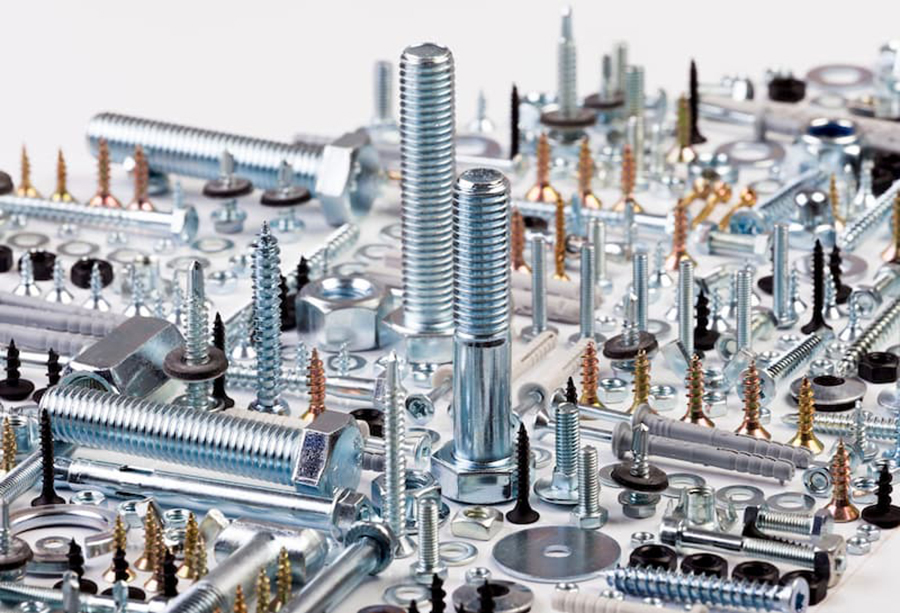
-
 Afrikaans
Afrikaans -
 Albanian
Albanian -
 Amharic
Amharic -
 Arabic
Arabic -
 Armenian
Armenian -
 Azerbaijani
Azerbaijani -
 Basque
Basque -
 Belarusian
Belarusian -
 Bengali
Bengali -
 Bosnian
Bosnian -
 Bulgarian
Bulgarian -
 Catalan
Catalan -
 Cebuano
Cebuano -
 Corsican
Corsican -
 Croatian
Croatian -
 Czech
Czech -
 Danish
Danish -
 Dutch
Dutch -
 English
English -
 Esperanto
Esperanto -
 Estonian
Estonian -
 Finnish
Finnish -
 French
French -
 Frisian
Frisian -
 Galician
Galician -
 Georgian
Georgian -
 German
German -
 Greek
Greek -
 Gujarati
Gujarati -
 Haitian Creole
Haitian Creole -
 hausa
hausa -
 hawaiian
hawaiian -
 Hebrew
Hebrew -
 Hindi
Hindi -
 Miao
Miao -
 Hungarian
Hungarian -
 Icelandic
Icelandic -
 igbo
igbo -
 Indonesian
Indonesian -
 irish
irish -
 Italian
Italian -
 Japanese
Japanese -
 Javanese
Javanese -
 Kannada
Kannada -
 kazakh
kazakh -
 Khmer
Khmer -
 Rwandese
Rwandese -
 Korean
Korean -
 Kurdish
Kurdish -
 Kyrgyz
Kyrgyz -
 Lao
Lao -
 Latin
Latin -
 Latvian
Latvian -
 Lithuanian
Lithuanian -
 Luxembourgish
Luxembourgish -
 Macedonian
Macedonian -
 Malgashi
Malgashi -
 Malay
Malay -
 Malayalam
Malayalam -
 Maltese
Maltese -
 Maori
Maori -
 Marathi
Marathi -
 Mongolian
Mongolian -
 Myanmar
Myanmar -
 Nepali
Nepali -
 Norwegian
Norwegian -
 Norwegian
Norwegian -
 Occitan
Occitan -
 Pashto
Pashto -
 Persian
Persian -
 Polish
Polish -
 Portuguese
Portuguese -
 Punjabi
Punjabi -
 Romanian
Romanian -
 Russian
Russian -
 Samoan
Samoan -
 Scottish Gaelic
Scottish Gaelic -
 Serbian
Serbian -
 Sesotho
Sesotho -
 Shona
Shona -
 Sindhi
Sindhi -
 Sinhala
Sinhala -
 Slovak
Slovak -
 Slovenian
Slovenian -
 Somali
Somali -
 Spanish
Spanish -
 Sundanese
Sundanese -
 Swahili
Swahili -
 Swedish
Swedish -
 Tagalog
Tagalog -
 Tajik
Tajik -
 Tamil
Tamil -
 Tatar
Tatar -
 Telugu
Telugu -
 Thai
Thai -
 Turkish
Turkish -
 Turkmen
Turkmen -
 Ukrainian
Ukrainian -
 Urdu
Urdu -
 Uighur
Uighur -
 Uzbek
Uzbek -
 Vietnamese
Vietnamese -
 Welsh
Welsh -
 Bantu
Bantu -
 Yiddish
Yiddish -
 Yoruba
Yoruba -
 Zulu
Zulu
roll thread machine
Understanding Roll Thread Machines A Comprehensive Overview
Manufacturing processes have evolved significantly over the years, and one of the innovations that has transformed the production of threaded components is the roll thread machine. This technology has streamlined operations, reduced costs, and improved product quality in various industries, including automotive, aerospace, and general manufacturing. In this article, we will explore the workings of roll thread machines, their advantages, applications, and their impact on the manufacturing landscape.
What is a Roll Thread Machine?
A roll thread machine is a specialized piece of equipment designed to create threads on a range of materials, particularly metals, through a process called thread rolling. Unlike traditional cutting methods, which remove material to form threads, thread rolling deforms the material via compressive forces to produce threads. This method is typically more efficient and results in superior surface finishes and tighter tolerances.
The machine comprises several key components, including a power drive, rolls, and a workpiece holder. The rolls, which are often made from hardened steel, are precisely shaped to match the desired thread profile. During the rolling process, the material is fed between the rolls, which are rotated and exert pressure on the workpiece, causing it to take the shape of the threads.
Advantages of Roll Thread Machines
Roll thread machines offer several notable advantages over traditional thread cutting techniques
1. Increased Strength The rolling process work-hardens the material, leading to greater tensile strength. This makes rolled threads less likely to fail under stress compared to cut threads.
2. Improved Surface Finish The continuous deformation of the material results in smoother threads, which reduces friction and wear when the component is in use.
3. Cost Efficiency By eliminating the need for cutting tools and minimizing material waste, roll thread machines can reduce production costs significantly. Additionally, higher production speeds can lead to increased output.
4. Quick Setup and Changeover Modern roll thread machines are designed for quick setups, allowing manufacturers to switch between different thread profiles with ease, improving overall operational flexibility.
roll thread machine

5. Eliminated Chip Disposal Since thread rolling does not involve cutting, there are no metal chips to manage, simplifying cleanup and reducing waste.
Applications of Roll Thread Machines
Roll thread machines are widely used in many sectors, including
- Automotive Industry They fabricate critical components such as bolts, screws, and fasteners that require high strength and precise dimensions. - Aerospace In this sector, the demand for lightweight yet strong components makes thread rolling an ideal choice. Components such as landing gear parts or engine mounts benefit from rolled threads.
- General Manufacturing Businesses producing equipment, machinery, or furniture often utilize roll thread machines for efficient production of threaded parts, enhancing the quality and reliability of their offerings.
The Future of Roll Thread Machines
As technology continues to advance, roll thread machines have also evolved. The introduction of CNC (Computer Numerical Control) technology has further increased precision and automation in thread rolling processes. Manufacturers can create complex thread profiles with exceptional accuracy, catering to the specific needs of different industries.
Moreover, the ongoing emphasis on sustainability and efficiency in manufacturing is likely to drive the adoption of roll thread machines. With their reduced material wastage and energy efficiency, these machines align well with modern sustainability goals.
Conclusion
In conclusion, roll thread machines represent a significant advancement in the fabrication of threaded components. Their ability to produce stronger, higher-quality threads at a lower cost makes them indispensable in today's manufacturing landscape. As technologies evolve, the role of roll thread machines will undoubtedly expand, offering new possibilities and capabilities in production processes across various industries. The combination of efficiency, strength, and versatility positions roll thread machines as a cornerstone of modern manufacturing, highlighting their importance in the pursuit of innovation and quality.
